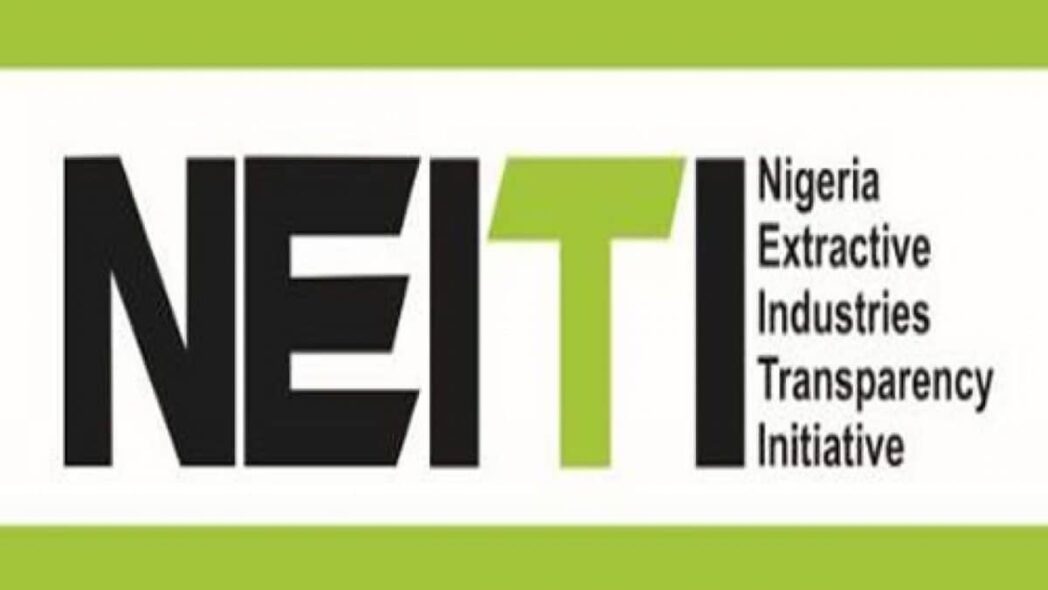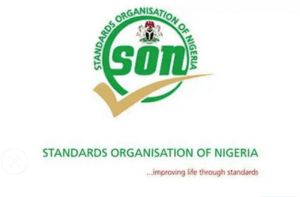
Oil operators’ debt to FG reaches $6.1bn – NEITI
The Nigeria Extractive Industries Transparency Initiative has revealed that, as of August 2024, oil and gas operators owe the Federal Government a total of $6.1 billion in unpaid royalties, taxes, rents, and other collectible revenues.
This outstanding amount reflects the liabilities that have yet to be settled by industry players, highlighting significant challenges in revenue collection within the sector.
The Executive Secretary of NEITI, Dr. Ogbonnaya Orji,
offered the advice during his interaction with the Senate Committee on Public Accounts.
The discussion focused on NEITI’s industry reports for the oil, gas, and mining sectors, covering the years 2021, 2022, and 2023.
In a statement released on Wednesday by the Director of Communications and Stakeholder Management, Mrs. Obiageli Onuorah, Orji emphasized that despite recent achievements, the oil sector has yet to fully realize its potential.
“A total sum of $6.1bn as outstanding liabilities owned by the oil and gas industry to the federation as of August 2024. These are made up of outstanding royalties, taxes, rents, and other collectible revenues due to be collected into government coffers.
“At a time when the country is mobilising resources to meet its budget expenditures, recovering these revenues by the relevant agencies will be a huge relief to the government,” the statement read.
Oji pointed out that Nigeria recorded some positive milestones in the 2023 oil and gas report, stating “One of the significant progresses recorded in the oil and gas sector in 2023, was the drop in crude oil losses by 78 per cent. The NEITI report showed that Nigeria lost 36.6 million barrels of crude oil in 2022 while 2023 records indicated a significant drop to 7.68 million barrels”
He praised the Office of the National Security Adviser, the Armed Forces, and other security agencies for their coordinated efforts in implementing policies that have helped deter crude theft.
“The ownership and buy-in of the host communities in order to curb crude oil theft,” he said.
Orji stressed the dangers of indiscriminately laying off skilled workers, pointing out that without alternative employment opportunities, these workers—due to their technical expertise—may resort to vandalizing oil and gas infrastructure to make a living.
Another positive development highlighted in the oil and gas report was a significant reduction in fuel imports. Fuel imports fell by 3.5 billion litres, dropping from 23.54 billion litres in 2022 to 20.28 billion litres in 2023. This decline was attributed to the removal of the subsidy.
The NEITI reports, however, indicated a 13.7 percent decline in revenues from the oil and gas sector between 2022 and 2023.
“The oil and gas sector recorded a total revenue of $35.78bn in 2022 but dropped to $30.86bn in 2023. The NEITI report also showed that Nigeria earned a total of $831.14bn between 1999 – 2023 (25yrs),” Orji stated.
Also, the NEITI reports revealed a consistent decline in the oil and gas sector’s contribution to Nigeria’s GDP over the three years reviewed. The figures showed 7.24% in 2021, 5.74% in 2022, and 5.48% in 2023.
In a similar trend, gas production also saw a decline during the period, dropping from 2.47 billion scf in 2021 to 2.52 billion scf in 2022, and further decreasing to 2.49 billion scf in 2023.
Orji urged for a strong alignment between Nigeria’s gas commercialization and energy transition policies with the Climate Change Act, stressing that this integration is essential to fast-track the country’s transition to affordable, clean, and renewable energy.
However, he expressed concern over the poor performance of the solid minerals sector, noting that it fails to reflect the vast mineral deposits in Nigeria and the significant potential the sector holds for the country’s economy.
Chairman of the Senate Committee on Public Accounts, Senator Aliyu Wadada, stated that the committee would conduct a public hearing based on the NEITI industry reports.
He stressed that all companies with outstanding liabilities to the federal government are required to appear before the Committee at the scheduled hearing.




